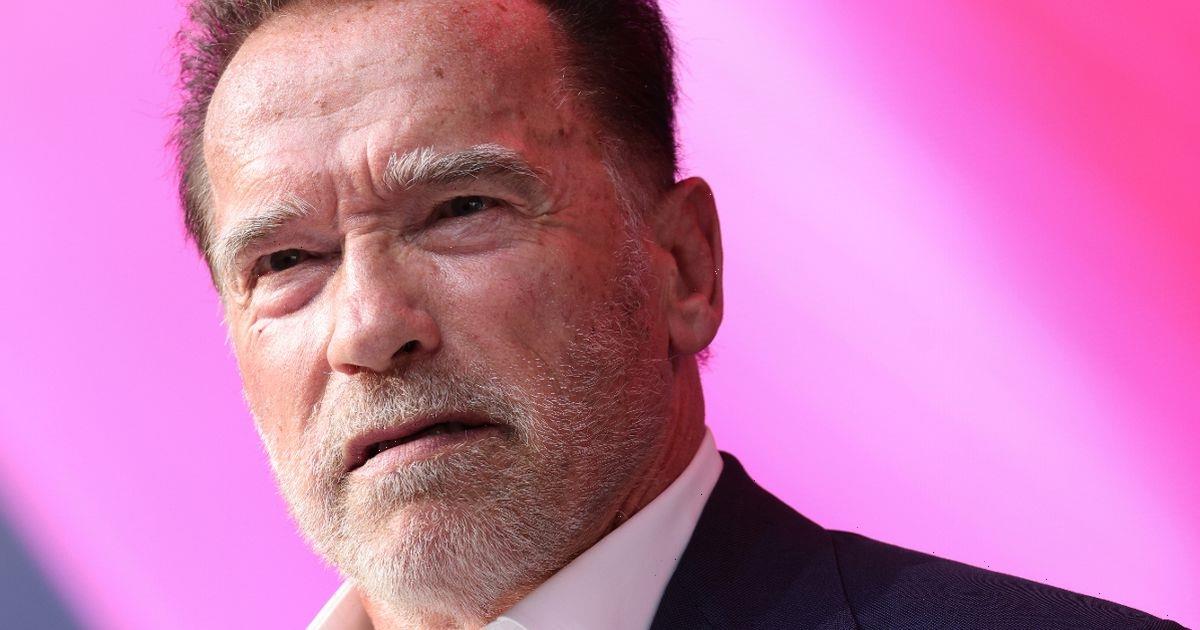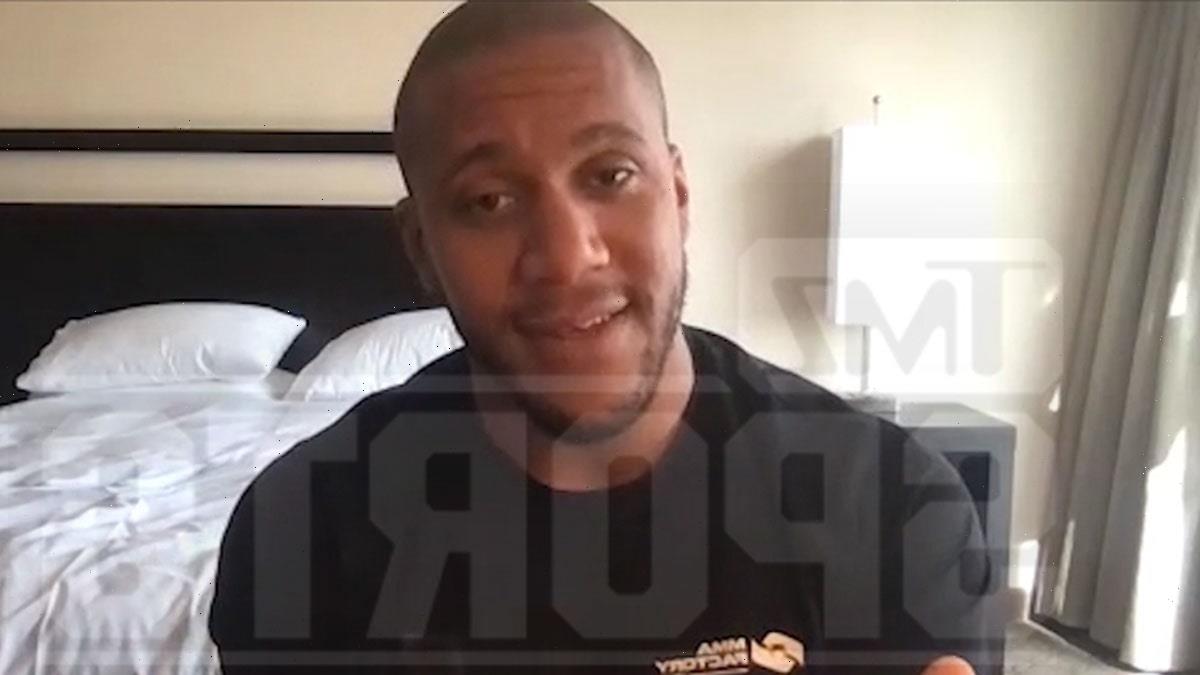For our free coronavirus pandemic coverage, learn more here.
Victoria’s funeral industry is warning that staff shortages caused by COVID-19 isolation rules could lead to mortuaries being unable to receive more bodies.
Unlike NSW, staff at funeral homes, cemeteries and crematoriums in Victoria are not considered essential workers and must follow the same isolation rules as the rest of the public.
Funeral director Nigel Davies.Credit:Jutin McManus
A lack of access to rapid antigen tests has also made it difficult to screen staff who are regularly going into risky situations at nursing homes and hospitals to collect bodies.
Lonergan and Raven funeral director Nigel Davies said that Victoria was not approaching the critical situation seen in Europe’s first COVID-19 wave, when undertakers “weren’t answering the phone and bodies were piling up”.
However, he said that staff shortages were being experienced at many of the smaller, family-run funeral homes who were struggling to maintain their usual services.
“At the moment, I’m handling a family for another funeral director who’s short-staffed and over-capacity,” said Mr Davies, the past president of the National Funeral Directors Association of Australia.
“We’re having a lot more in storage and it’s taking a lot longer to process them. It is not approaching a critical capacity but it is a noticeable change.”
In recent weeks, Victoria has recorded its highest number of daily COVID-19 deaths since the middle of 2020, including 20 announced on Saturday.
However the overall mortality rate has not leapt above pre-pandemic levels – the number of total deaths in December 2021 was only 6.5 per cent higher than in December 2019.
This was helping the funeral industry deal with the current situation, Mr Davies said, although a spike in deaths or further staff shortages would mean that services would start to diminish.
“If there are large increases [in deaths] then our solution will be to encourage people to do ‘no service’ deliveries and hold memorials later,” he said.
“The issue is capacity of crematoriums, the other states have fewer problems than Victoria.”
Mr Davies said that it made sense for funeral workers to be given the same classification as health care workers, who are exempt from close contact isolation rules.
“There was a panic last year when nurses were doing shifts at multiple hospitals, some of my staff have to go to 10 nursing homes or hospitals per day,” he said.
Refrigerated trucks were used as a temporary morgues in New York in the early months of the pandemic.Credit:AP
“Really, the nursing homes can’t just put people in the cupboard and hope for the best.
“Back in the old days of petrol strikes we were classified as essential services. Not only are funeral industry workers essential but they’re high risk.”
The funeral industry’s largest player is Invocare, which owns brands Le Pine, White Lady and Simplicity.
Lynne Gallucci, Invocare’s executive general manager of Australian funerals, said the whole industry was feeling the impact of staffing shortages.
The company is opening a new storage facility in Tullamarine on Monday, Ms Gallucci said, which will roughly double the amount of bodies it can handle.
“It’s come up during COVID, we’d been planning for it but we have pushed to get it through so it’s ready,” she said.
Ms Gallucci said the industry had held recent discussions with the Victorian government and put its case for workers to be classed as essential, as well as get priority access to boosters and rapid antigen tests.
“These are highly vulnerable locations we’re dealing with,” she said.
“Our team walks willingly towards death when others walk away. We need to give them the respect they deserve going into those riskier settings.”
The Morning Edition newsletter is our guide to the day’s most important and interesting stories, analysis and insights. Sign up here.
Most Viewed in National
From our partners
Source: Read Full Article




